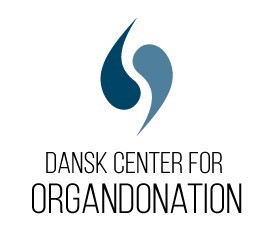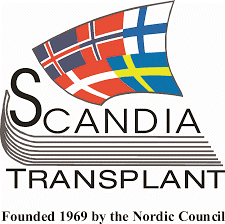National legislation on organ donation
Main law references
Law No. 402 of 13 June 1990 on the examination of cadavers, autopsies, and transplantation, etc. (Lovtidende, 1990, 14 June 1990, No. 63, pp 1331-1334).
Danish Health Act (N. 546 of 2005) ss52-56. Transplantation from living and deceased persons.
Law No. 151 of 28 February 2012 on quality and safety requirements for the handling of human organs for transplantation.
Modalities of consent and dissent to donation and organs that can be donated
-A person may express his/her decision about organ donation in one of these ways:
-by registering on sundhed.dk
-by filling out a donor card that must be carried at all times
-by expressing a decision to family members
Living donor:
The intervention may only be performed out if the deceased, after reaching the age of 15, has testified in writing and/or orally that he/she was willing to donate his/her organs.
If the deceased is under the age of 18, the intervention can only be carried out if the holder of parental responsibility has consented to the intervention.
An intervention can only be made if the deceased person has never expressed his opposition to it, and his close relatives had given their consent. In the event that the deceased person leaves no close relatives, the intervention may not be performed.
Post mortem organ donation:
Consent may be given by any person who is more than 18 years of age.
If there are specific reasons, the intervention may be performed on a person under 18 years of age with his consent, provided that such consent has received the approval of the person exercising parental authority.
For a person who is under 15 years of age, the consent may be given by the holder of parental responsibility when: there is no suitable donor who has the ability to consent; the recipient is a brother, sister, child, parent or, in special cases, a close family member of the donor; the donation creates the opportunity to save the recipient’s life; the potential donor in question does not object.
Organ that can be donated while alive: blood, bone marrow, kidney, part of liver (A parent can donate part of his/her liver to his/her child if the child is at a young age).
Organs that can be donated after death: kidney, liver, lung, heart, pancreas, cornea
National laws on organ donation





